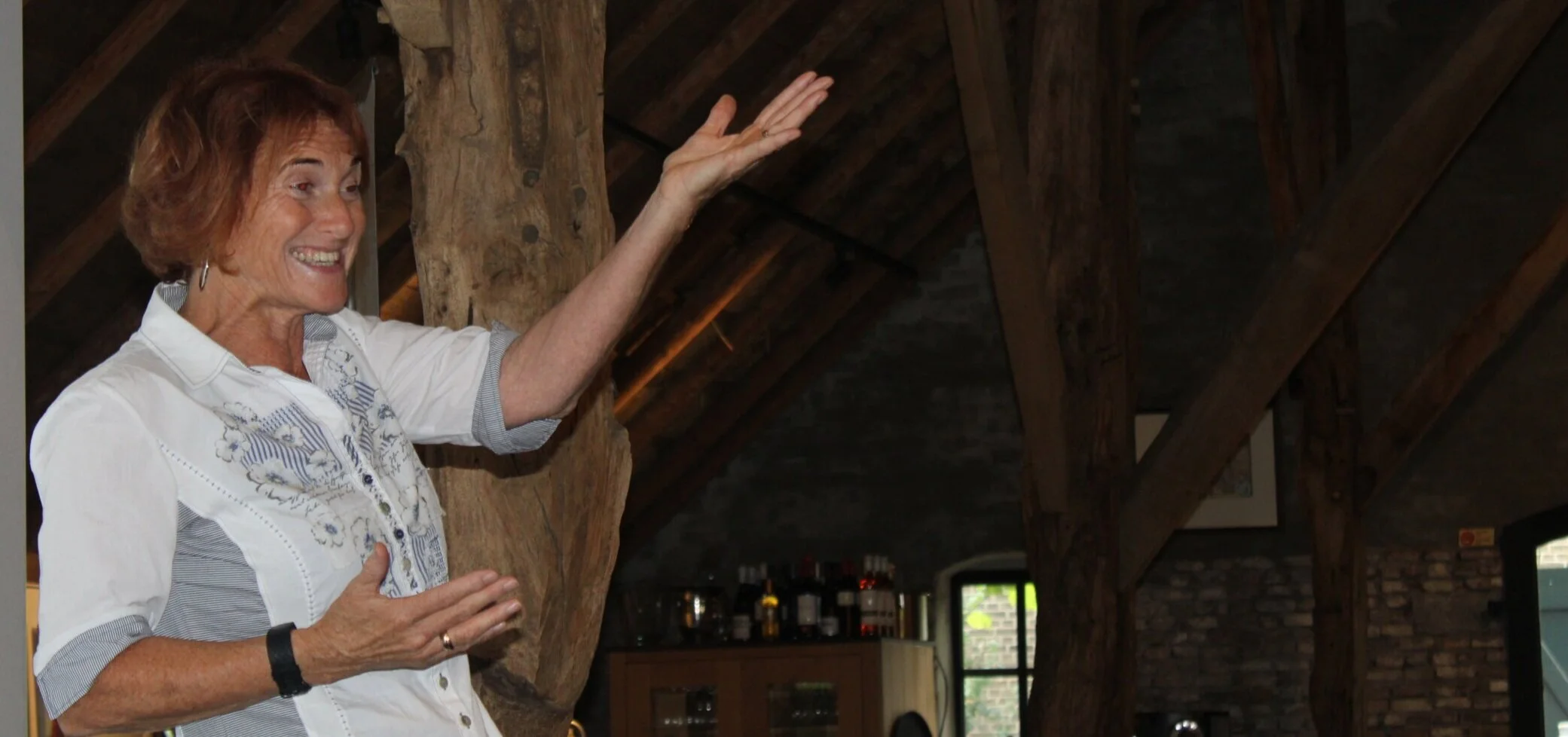I was recently asked to participate in an interview with Sarah Clayton from Simple Stuff Works and the Wired Collective as part of a Wise Table Discussion led by Mindy at wiredONdevelopment online from New Zealand (the full interview is available to watch below).
The interview topic was related to 24 hour postural care with an emphasis on the sitting and lying components.
If you know anything about me, you know I can’t pass up an opportunity to discuss my passion, especially with such brilliant minds.
The opening question was posed by Sarah and went something like this:
“If I am an individual who uses a wheelchair or a comfort chair and present with complex body shape distortion, what are the chances that I have been issued an optimally fitted seating system?”
Those of you working in the wheelchair service industry can appreciate how loaded this question is - and you can appreciate how important this type of question is for those who use our services.
As much as I would LOVE to have been able to say with confidence that any individual with complex body shape distortion who uses a wheelchair would have a system that met their needs, my experience is that a great majority of the time, they would not.
The next question, then, is why not?
We talked through a few common reasons based on my own experiences working in different parts of the world over the past 30+ years, including common barriers for clinicians, as well as potential consequences of ill-fitted seating solutions and poor 24-hour postural support for the individual, their family, and their care team.
Since we’ve had so much success with our mentorship programme, I shared some of the key takeaway messages that have come directly from mentees as well as my own professional advice for how to work
Five of the key summary points from this incredible interview were:
Our bodies can be protected from body shape distortion with timely supports in supine, sitting and standing
Early intervention is critical both in young children as well as with individuals who undergo traumatic injuries or diagnoses that arrive later in life
It is our professional and ethical responsibility to do a hands on assessment to determine the clinical needs for assistive technology such as in supine, sitting and standing for example
“Anatomy doesn’t lie” we need to understand anatomical relationships at each segment of the body and the influence of a limitation in one segment upon the next. We are after all a kinetic chain and 24 hour postural care can help address this.
If we don’t have the confidence or training, we need to get it. If our training and ideas are old - get up-skilled
